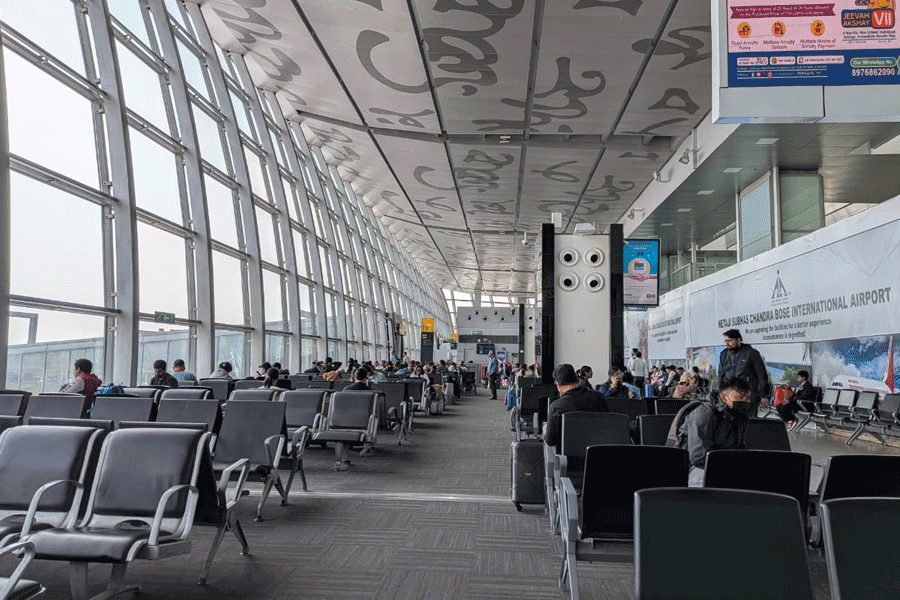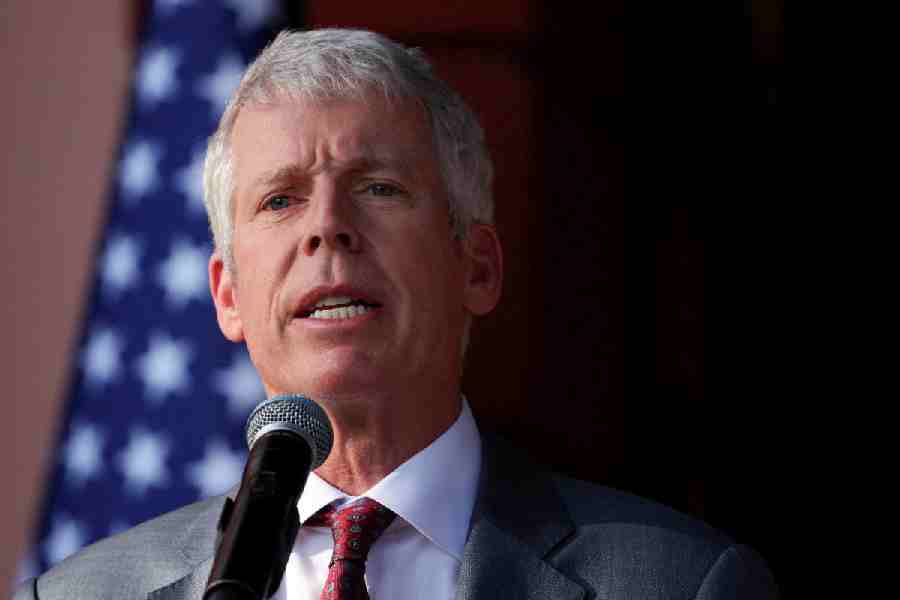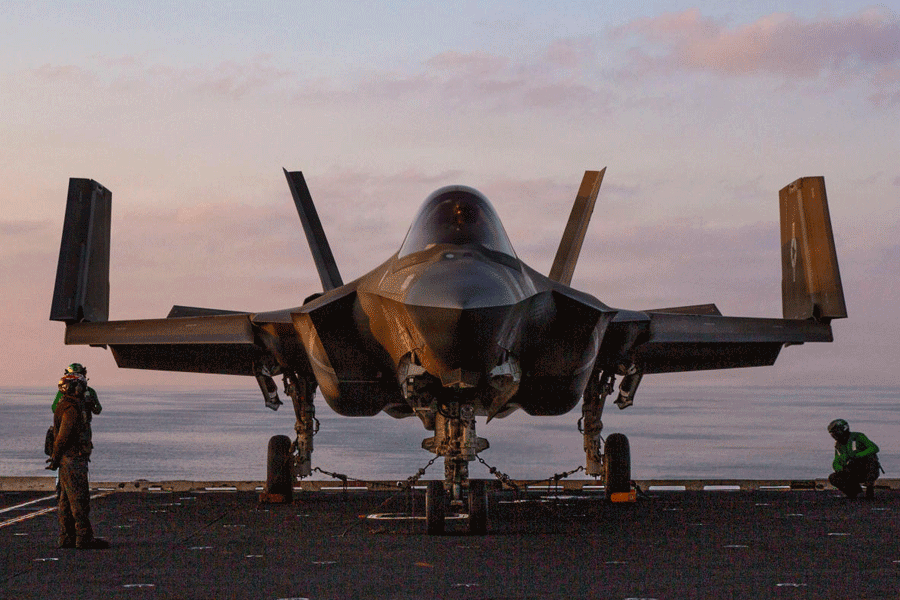Apple said a majority of its devices meant for the US in the June quarter will originate in India and Vietnam. Meanwhile, the company’s second-quarter financials beat Wall Street expectations with the tech giant reporting a revenue of $95.4 billion, up 5 per cent year-over-year.
The majority of iPhones sold in the US in the coming months will be made in India and “Vietnam to be the country of origin for almost all iPad, Mac, Apple Watch and AirPods products sold in the US”, Apple CEO Tim Cook told analysts. China will remain the country of origin for the vast majority of total products sold outside the US.
The company was among the hardest hit in Silicon Valley last month because of its exposure to China, which is caught in US President Donald Trump’s cross-hairs. He has imposed tariffs of 145 per cent on exports from China. While the Trump administration has temporarily exempted smartphones from its 125 per cent “reciprocal” tariffs on China, Apple continues to be affected by an existing 20 per cent tariff on Chinese imports.
Cook estimated $900 million in costs in the current quarter because of tariffs, provided no new fees are introduced.
“This estimate should not be used to make projections for future quarters as there are certain unique factors that benefit the June quarter,” he said.
Apple’s sales of iPhones, its most important business, rose 2 per cent to $46.84 billion over the quarter. The Cupertino-based company has set a number of quarterly records in countries and regions, including the UK, Spain, Finland, Brazil, Chile, Turkey, Poland, India and the Philippines. Apple is planning to open new retail stores in India starting later this year.
“What we learned some time ago was that having everything in one location had too much risk with it, and so we have over time, with certain parts of the supply chain, not the whole thing . . . opened up new sources of supply. You could see that kind of thing continuing in the future,” Cook said.
Decoupling Apple’s supply chain from China remains difficult because it remains the company’s third-biggest market, after the US and Europe. China revenue fell slightly to $16 billion, down 2.3 per cent, because of competition faced from local smartphone makers in recent quarters.
Apple continues to show strong growth in its services business, which includes the App Store, iCloud and Apple Pay, rising almost 12 per cent to $26.65 billion.
The CEO didn’t want to “predict the future” because “I’m not sure what will happen with the tariffs, and there is the Section 232 investigation going on. And so it’s very difficult to predict beyond June”. Section 232 involves technology products such as semiconductors.
In recent months, Apple has released hardware including new MacBook Airs, a more powerful Mac Studio and the refreshed iPad Air tablet, besides iPhone 16e, designed to compete with lower-cost smartphones. Apple’s focus is on making improvements to the company’s Siri assistant.
“We need more time to complete our work on these features so they meet our high-quality bar,” Cook said.










